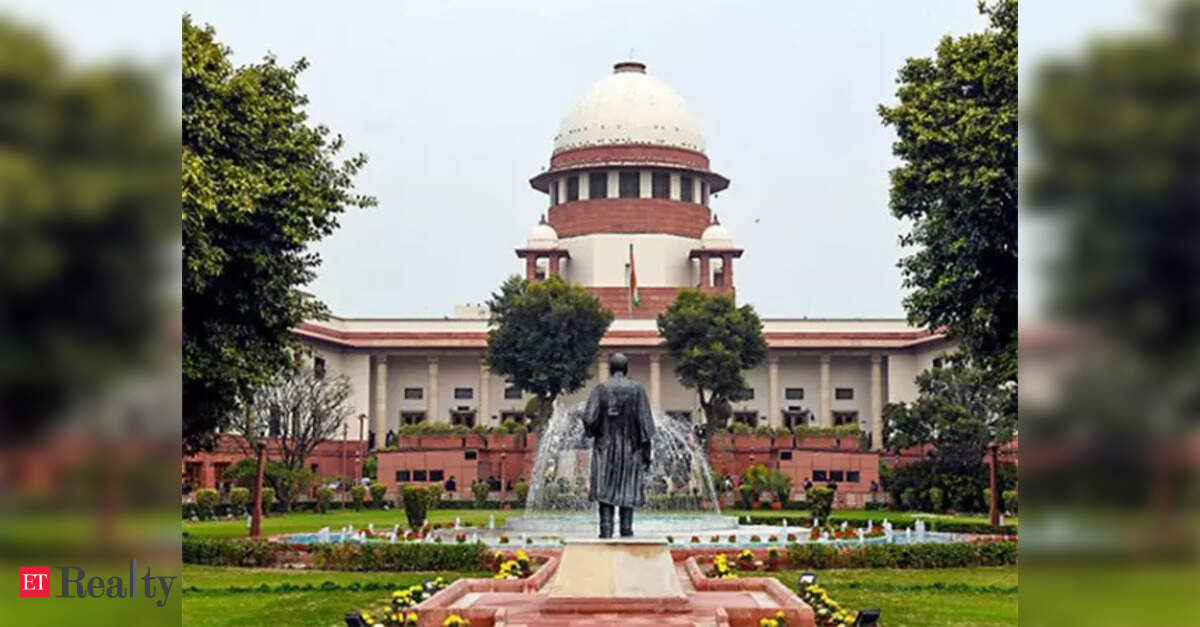Here’s a rewritten version of the content you provided:

NAGPUR: The Nagpur bench of the Bombay High Court has ruled that banks cannot be compelled to alter loan agreement terms or extend benefits of a One-Time Settlement (OTS) scheme to borrowers or guarantors.
A division bench comprising Justices Anil Kilor and Rajnish Vyas stated, “Issuing a writ of mandamus under Article 226 of the Constitution would not serve justice by directing the bank to consider OTS benefits for the borrower or guarantor. We cannot order the bank to amend the terms of the agreement.”
The ruling was made last Friday while dismissing a plea from a director of a Nagpur-based housing and infrastructure firm, who contested Indian Bank’s (formerly Allahabad Bank) denial of OTS benefits on a ₹62-crore loan approved in 2011 for a resort project. As a guarantor, the petitioner had mortgaged personal property and sought the court’s intervention after the bank launched recovery proceedings.
After defaulting on payments, the loan was classified as a non-performing asset (NPA) in 2017. Indian Bank subsequently initiated action under the Securitisation and Reconstruction of Financial Assets and Enforcement of Security Interest (SARFAESI) Act, followed by recovery actions at the Debts Recovery Tribunal (DRT) and insolvency proceedings under Section 7 of the Insolvency and Bankruptcy Code (IBC), 2016, before the National Company Law Tribunal (NCLT).
The bench reiterated that the decision to offer OTS benefits lies entirely with the bank’s “commercial wisdom.” They noted, “If the bank believes the borrower can repay or that recovery is feasible through auctioning mortgaged property, then denying OTS benefits is justified.”
Rejecting the assertion that insolvency laws are intended to revive companies, the court remarked, “While that may hold true, the borrower and guarantor remain debtors who have yet to repay the loan. Parties bound by contractual terms cannot later seek to amend their repayment responsibilities.”
The judges further pointed out that “fairness” under the principle of legitimate expectation also pertains to the conduct of borrowers. “Fairness would mean the repayment of the outstanding amount within the agreed timeframe,” they stated, emphasizing that judicial interference in such financial matters would not serve public interest.
Feel free to ask if you need any modifications or additional sections!




